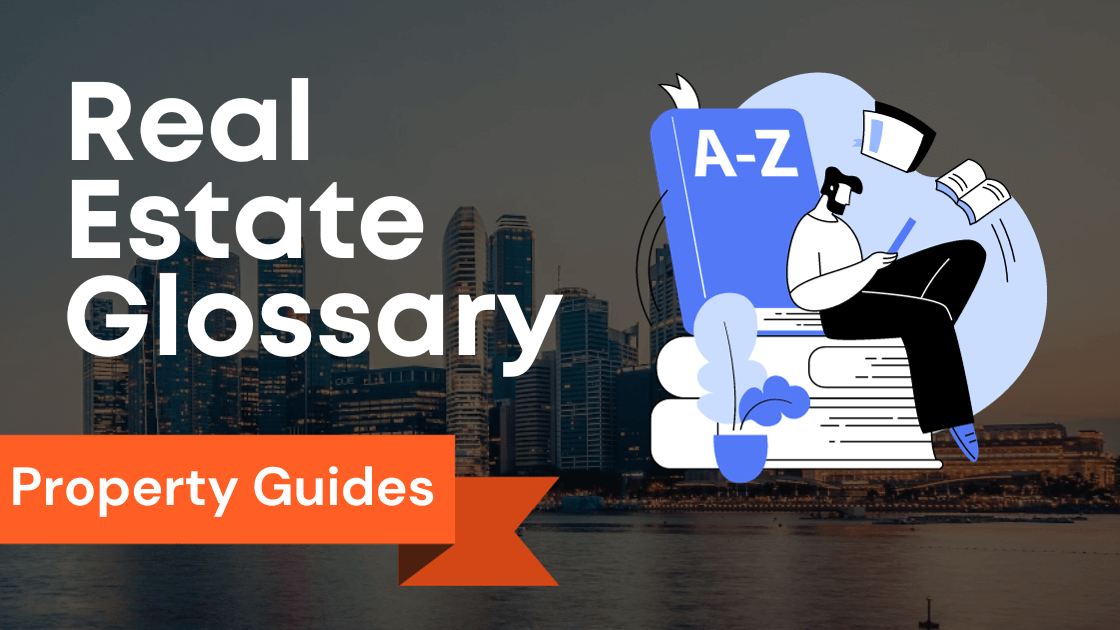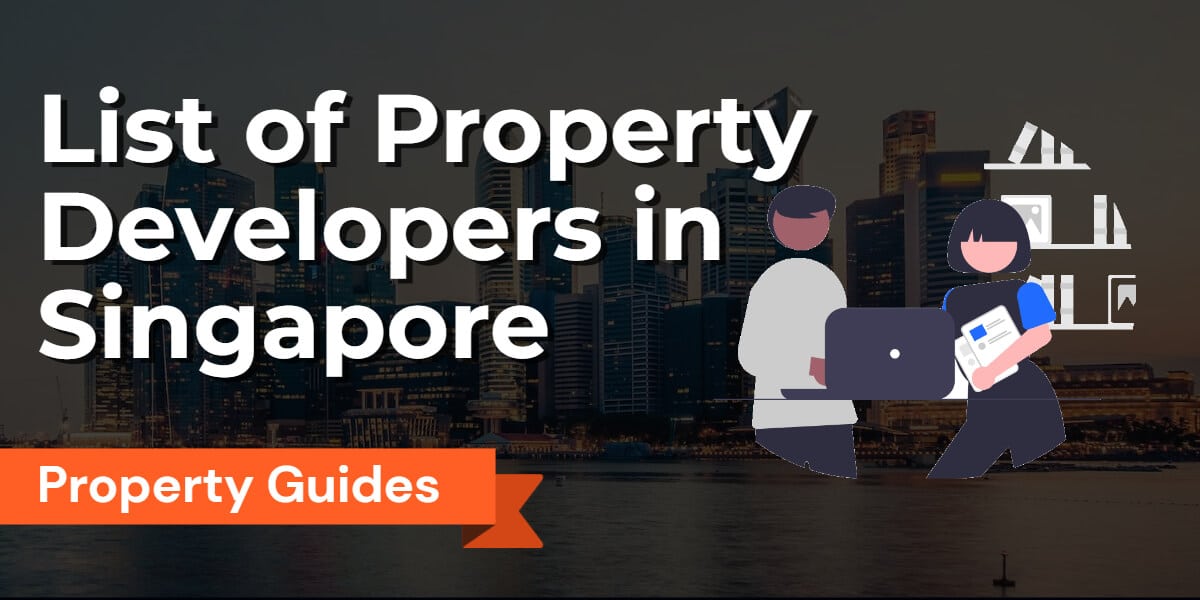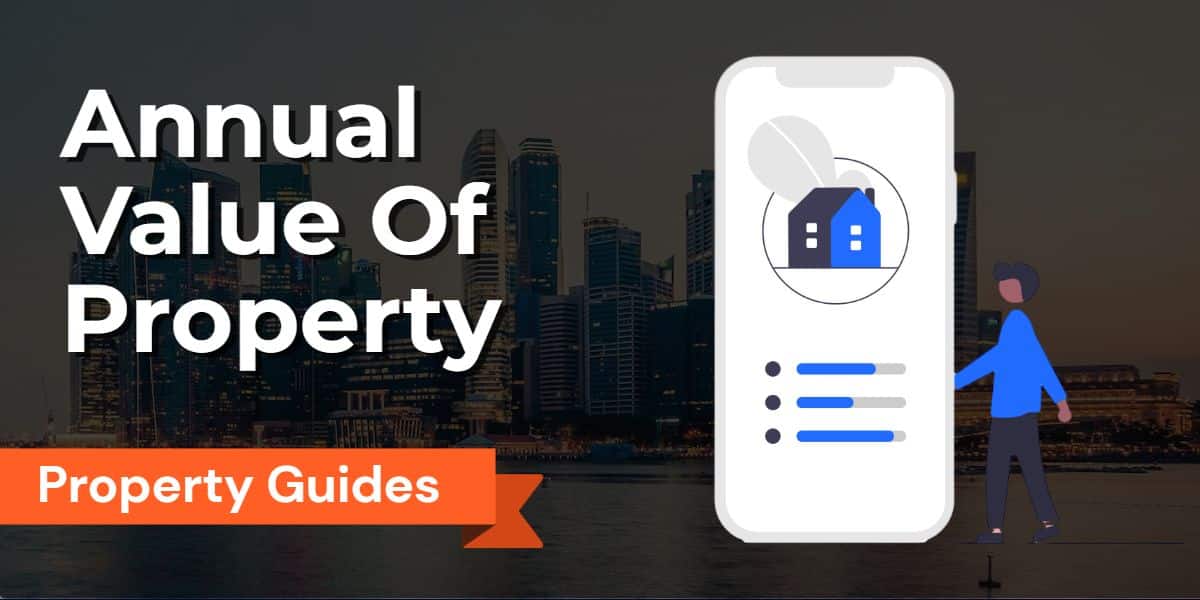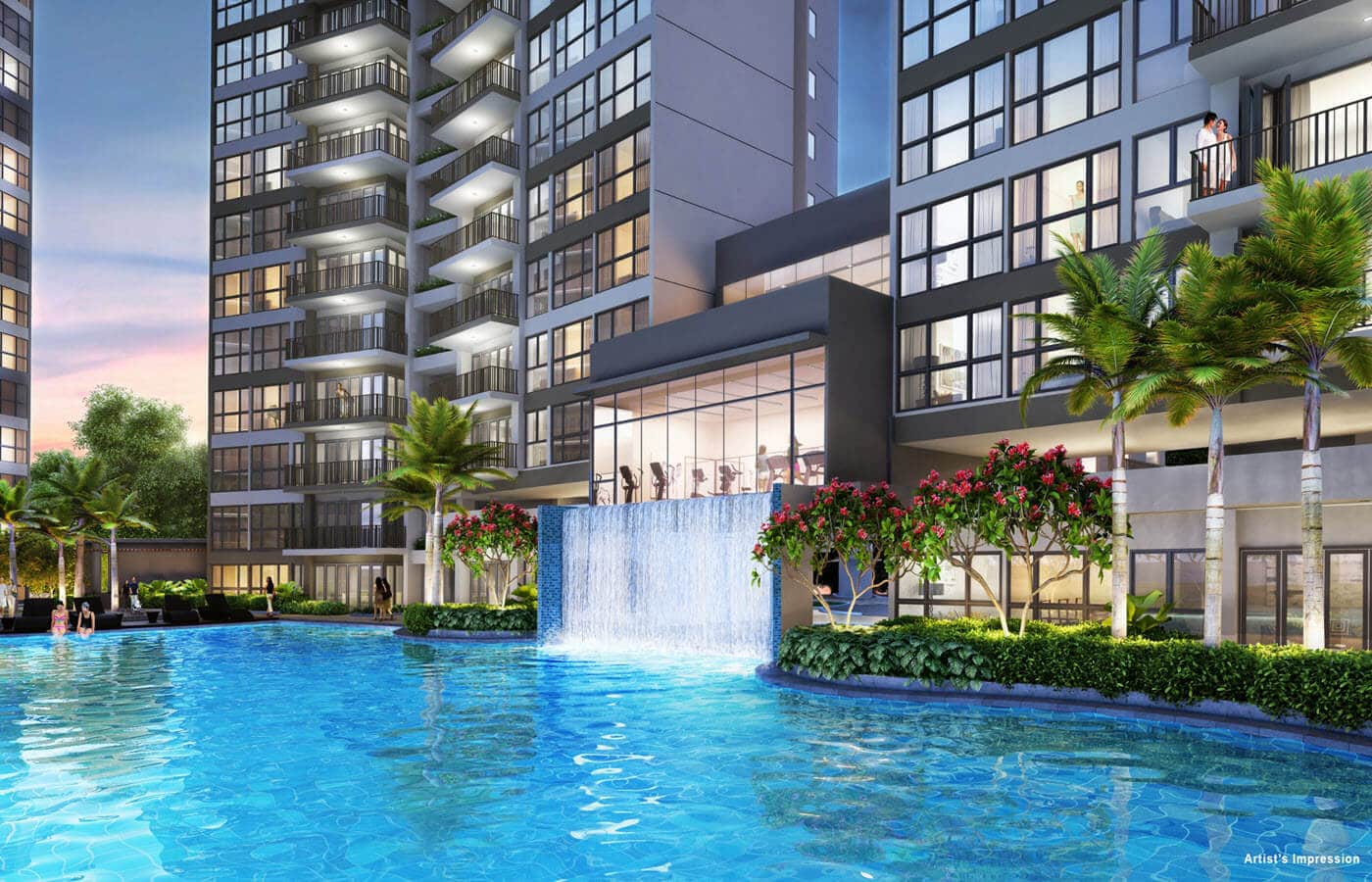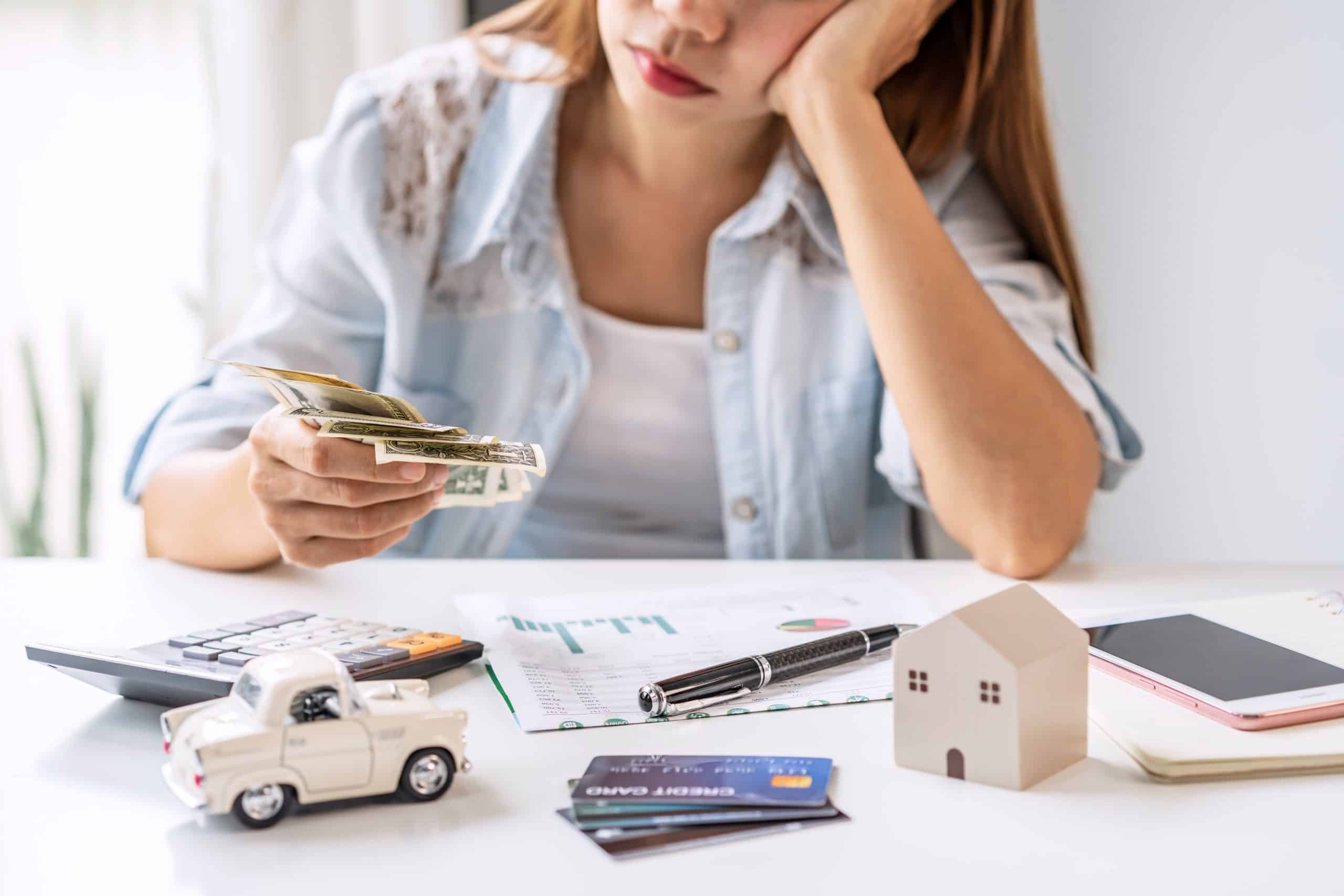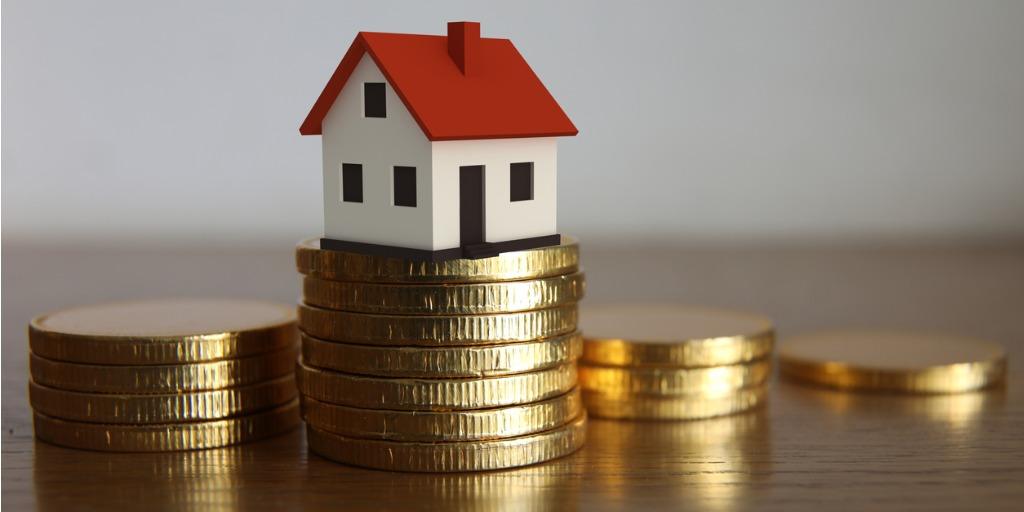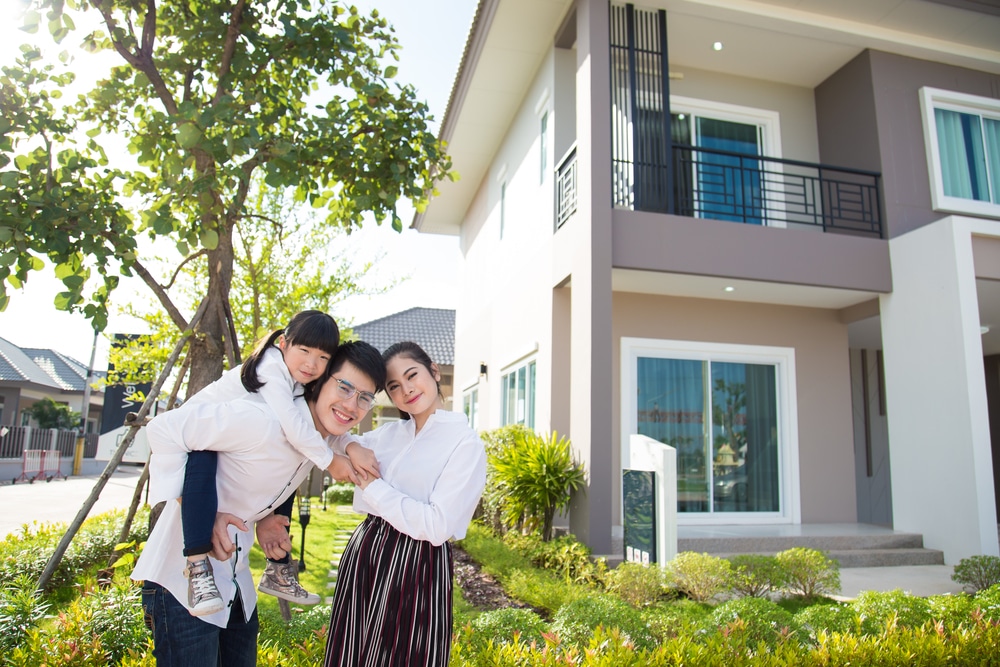
This article will guide you through the benefits and challenges of purchasing a second property, including understanding the Additional Buyer Stamp Duty (ABSD) rates and the financing options available.
Whether you’re looking for rental income or planning for the future, it’s important to weigh the costs and risks to make an informed decision.
So, let’s explore the exciting world of buying a second property in Singapore!
Key Takeaways
| Key Takeaway | Information |
|---|---|
| ABSD Rates and Importance | ABSD is a tax imposed on second residential property purchases in Singapore to curb speculation. Rates vary from 12% for citizens, 15% for permanent residents, to 20% for foreigners. Some remission or relief options exist. |
| Benefits of Buying a Second Property | Owning a second property provides rental income and future flexibility for vacation or retirement homes. |
| Challenges of Buying a Second Property | ABSD tax rate increases costs, and using home loans carries financial risks. |
| Financing Options | Home loans, CPF funds, and cash can be used to finance a second property purchase. Consider interest rates and eligibility criteria. |
| Best Residential Properties | Condominiums, private properties, and landed properties are options for investment. Research property market trends and consult real estate agents. |
| Considerations for HDB Flat Owners | Restrictions exist, including fulfilling the Minimum Occupation Period (MOP) and eligibility for ABSD. Selling, renting, or exploring financing options are possible. |
| CPF Usage and Limitations | CPF funds can be used, with limits, for a second property purchase. Consider long-term retirement needs and emergencies. |
| Regulations for Foreigners | Foreigners can buy private residential properties but not HDB flats. ABSD rates for foreigners are higher. Eligibility criteria and approval requirements apply. |
| Considerations Before Buying | Evaluate financial standing, location, property type, and impact on family and lifestyle. |
| Managing Property Tax Obligations | Property tax rates increase for subsequent properties. CPF usage can cover tax payments. Effective tax planning is important. |
| Debt-to-Net Worth Ratio | Calculate the ratio to assess debt management ability. A high ratio may affect financing. Manage debt for long-term financial security. |
| Impact of Home Loan Interest Rates | Find favorable loan interest rates, and understand loan pre-approval validity. Budget for potential interest rate changes and consider refinancing options. |
| Legal and Regulatory Considerations | Understand ABSD rates and counts, consider benefits and challenges, explore financing options, and be aware of regulations for HDB owners and foreigners. |
Understanding Additional Buyer Stamp Duty (ABSD) Rates
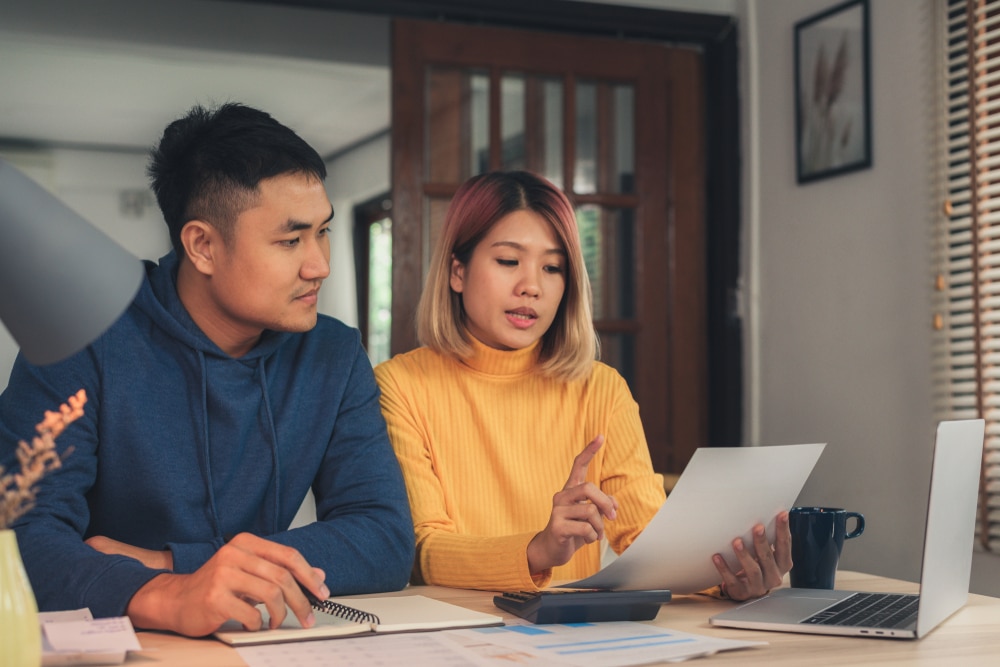
What is ABSD, and Why is it Important?
ABSD is a tax imposed by the Singapore government on people who purchase a second residential property in Singapore.
The main objective of ABSD is to curb speculation and promote a sustainable property market.
Essentially, ABSD discourages people from buying multiple properties and encourages them to focus on buying a primary residence instead.
How Much ABSD Do You Need to Pay for a Second Property?
If you’re a Singaporean citizen looking to purchase a second residential property, you’ll need to pay an ABSD of 12% of the purchase price.
For permanent residents, the ABSD rate is 15%.
Foreigners are required to pay a 20% ABSD when they purchase a property in Singapore.
Is There Any ABSD Remission or Relief for Second Property Buyers?
Yes, there are some scenarios where you may be eligible for ABSD remission or relief.
For instance, if you’re a Singaporean citizen and your first property was acquired before 11 March 2017, you do not need to pay the ABSD for your second property purchase.
Additionally, if you sell your first property within six months of purchasing your second property, you may be eligible for ABSD remission.
Benefits and Challenges of Purchasing a Second Property
What are the Benefits of Buying a Second Property?
There are several benefits of owning a second property.
One of the biggest advantages is earning rental income.
Depending on the location and property value, you can potentially earn a significant amount of rental income each month.
Additionally, owning a second property gives you the flexibility to use it as a vacation home or even as a retirement home in the future.
What are the Challenges of Buying a Second Property?
While there are benefits to owning a second property, there are also some challenges to consider.
For instance, the ABSD tax rate can significantly increase the cost of your property purchase.
Additionally, if you plan on taking out a mortgage, you should be aware of the risks associated with using home loans to finance a second property.
Is it Really Worth it to Buy a Second Property?
Ultimately, determining whether it’s worth it to buy a second property depends on your individual situation.
If you’re looking to generate rental income or have plans to use the property in the future, then it may be a worthwhile investment.
However, if the additional costs and risks outweigh the benefits, it may not be the right choice for you.
Financing Options: Exploring Home Loan Alternatives

What are the Financing Options Available for Second Property Buyers?
Several financing options are available if you’re planning to buy a second property in Singapore.
These include taking out a housing loan, using your CPF funds, or even paying cash.
However, each option comes with its own set of risks and considerations that you should be aware of before making a decision.
How Do I Choose the Best Home Loan for My Second Property Purchase?
Choosing the best home loan for your second property purchase can be challenging.
You’ll need to consider factors such as interest rates, repayment terms, and eligibility criteria.
It may be helpful to speak with a financial advisor or mortgage broker to help you make an informed decision.
What Are the Possible Risks of Using Home Loans for Second Property Purchase?
One of the biggest risks associated with using home loans to finance a second property purchase is the financial burden it can place on you.
It’s important to ensure that you have a sustainable monthly income and will be able to meet your monthly mortgage payments.
Additionally, if property prices decrease, you may end up owing more than the property is worth.
Exploring Residential Properties for Second Property Purchase
Which are the Best Residential Properties to Buy as a Second Property?
When it comes to buying a second property in Singapore, there are several residential properties to choose from.
Condominiums, private properties, and even landed properties can all make great investment properties.
It’s important to do your research and identify the best deals based on your budget and investment goals.
How Can You Identify the Best Deals for Second Property Purchase?
To identify the best deals for a second property purchase, you should research the current property market trends.
Look at the property prices in the area you’re interested in and compare them to similar properties in other locations.
You can also speak with real estate agents to get a better understanding of the local property market.
What Are the Current Property Market Trends for Second Property Buyers?
The current property market in Singapore is relatively stable, with prices increasing at a moderate pace.
One trend to be aware of is the increase in demand for smaller units, such as one and two-bedroom apartments.
This can be a great option for investors looking to purchase a second property that can be easily rented out.
Considerations for HDB Flat Owners Buying a Second Property
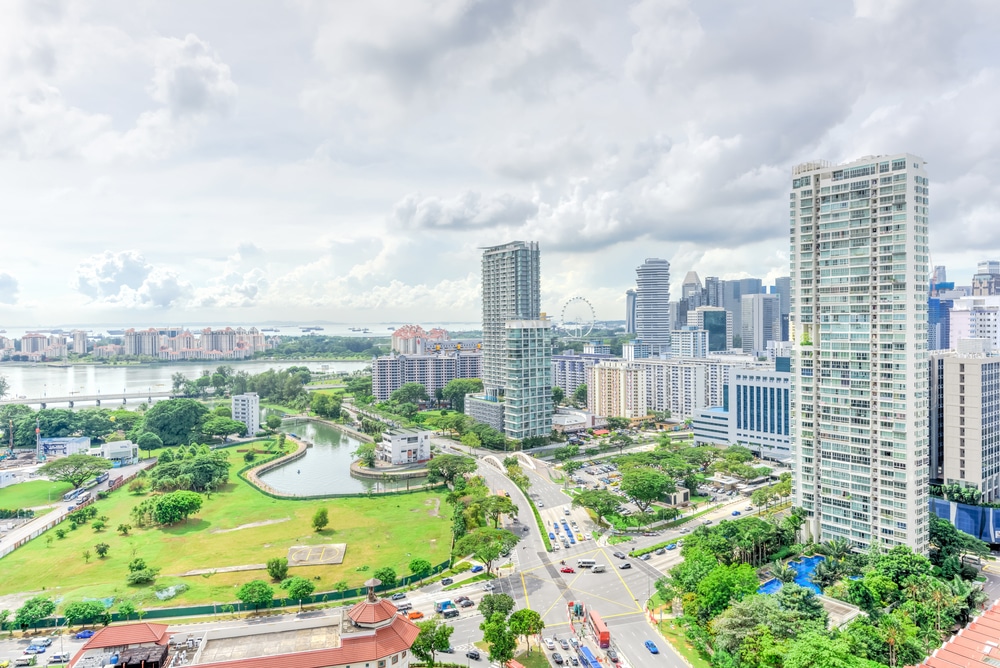
What Are the Restrictions for HDB Flat Owners Buying a Second Property?
If you’re an HDB flat owner looking to buy a second property, there are some restrictions you should be aware of.
For instance, you’re only allowed to purchase a second residential property after fulfilling the Minimum Occupation Period (MOP) of your first property.
Additionally, you can only purchase a second property if you have fulfilled the five-year MOP for your first HDB flat and your second property is a private residential property.
What Are the Financial Considerations When Buying a Second Property as an HDB Flat Owner?
When buying a second property as an HDB flat owner, one of the most significant financial considerations is the ABSD tax rate.
If you’re a Singaporean citizen, you’ll need to pay a 12% ABSD on your second property purchase.
Additionally, taking out a mortgage to finance your second property can be risky, so it’s important to ensure that you have a sustainable monthly income.
What Are the Options Available for HDB Flat Owners who Want to Buy a Second Property?
If you’re an HDB flat owner looking to buy a second property, you have several options available to you.
For instance, you can sell your HDB flat and use the proceeds to finance your second property purchase.
Alternatively, you can rent out your HDB flat and use the rental income to help pay for your second property.
You can also explore financing options such as taking out a home loan or using your CPF funds.
CPF Usage and Limitations for Second Property Purchase
Can You Use CPF Funds to Buy a Second Property?
You can use your CPF funds to buy a second property in Singapore.
However, there are limitations on the amount of CPF funds you can use.
If you’re a Singaporean citizen, you can use your CPF Ordinary Account (OA) savings to pay for the downpayment and up to 50% of the purchase price of your second property.
If you’re a permanent resident, you can use your CPF savings to pay for up to 50% of the purchase price.
What are the Limits on Using CPF Funds for Second Property Purchase?
The limits on using CPF funds for a second property purchase depend on whether you’re a Singaporean or a permanent resident.
As mentioned earlier, Singapore citizens can use their CPF savings to pay for up to 50% of the purchase price, while permanent residents can use their CPF savings to pay for up to 50% of the purchase price.
Is it Wise to Use CPF Funds for Second Property Purchase?
Using CPF funds to finance a second property purchase can be wise.
However, it’s important to ensure that you have enough funds left in your CPF account to support your retirement needs.
Additionally, if you use all your CPF funds for a second property purchase, you may not have enough funds left for emergencies or unforeseen circumstances.
Navigating Second Property Purchase as a Foreigner in Singapore
Understanding the Regulations
As a foreigner, it is essential to have a thorough understanding of the regulations surrounding property purchases in Singapore.
You can buy a residential property in Singapore as a foreigner but are subject to certain restrictions.
For instance, you can only buy private residential property such as condominiums and apartments, but not HDB flats.
If you are a Singapore permanent resident, you can buy resale HDB flats with conditions.
As a foreigner, you must pay an Additional Buyer’s Stamp Duty (ABSD) on top of the existing Buyer’s Stamp Duty.
The ABSD rates vary depending on whether you are an individual or an entity and the number of properties you own.
Eligibility Criteria for Foreigners
Foreigners who want to buy a property in Singapore must meet specific eligibility criteria.
For instance, you should be 18 years or older and not bankrupt.
You must also have the financial means to purchase the property, which includes paying for the down payment and loan repayments.
Additionally, you may need to seek approval from the relevant authorities if your proposed property purchase has any implications for national security, public order, or public health concerns.
Additional Buyer’s Stamp Duty (ABSD)
ABSD is a tax imposed on top of the existing Buyer’s Stamp Duty when buying a second or subsequent property in Singapore.
The ABSD rates vary depending on the number of properties you own.
For instance, if you are a foreigner buying your second property in Singapore, you must pay ABSD of 15% on top of the existing Buyer’s Stamp Duty, while Singapore permanent residents must pay 15% for their second property and 25% for their third and subsequent properties.
Factors to Consider Before Buying a Second Property
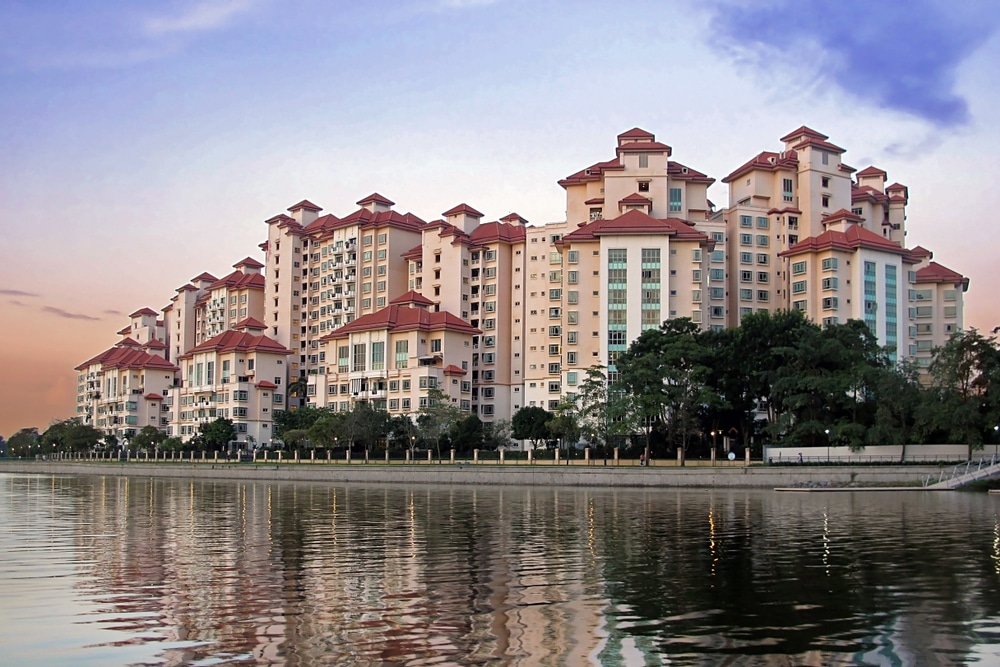
Current Financial Standing
Before buying your second property, it is essential to evaluate your current financial standing to ensure that you can afford the purchase.
You should consider your cash flow and ensure you have enough funds to pay for the down payment, mortgage loan, and other expenses.
You can also use the Central Provident Fund (CPF) to pay for the down payment and loan repayments.
Additionally, you can use the CPF Ordinary Account savings for the purchase of your second property if you meet the eligibility criteria.
Depending on your financial situation, you may also need to apply for a bank loan or consider other financing options to fund your purchase.
Location and Property Type
The location and property type are key considerations when buying a second property.
You should evaluate the property’s potential rental rates, resale value, and demand in the area.
Additionally, you should consider the type of property, such as private property owned by a developer or an Executive Condominium, that is still subject to restrictions.
Impact on Family and Lifestyle
Buying a second property can significantly impact your family and lifestyle.
For instance, it can offer more space for your family or provide an investment opportunity.
However, it can also increase your financial obligations, and you must consider whether the purchase aligns with your long-term financial goals and lifestyle aspirations.
Managing Property Tax Obligations for Multiple Properties
Property Tax Rates for Subsequent Properties
As a property owner in Singapore, you are subject to property tax obligations.
The property tax rates vary depending on the value of the property and the number of properties you own.
For instance, for subsequent properties, the tax rate is higher than for your first property purchase.
Central Provident Fund (CPF) Usage for Property Tax Payment
You can use your CPF savings to pay for your property tax obligations.
However, you must have met the CPF Minimum Sum and Retirement Account Minimum Sum before using your CPF savings for other purposes.
Additionally, you must have enough funds in your CPF Ordinary Account to cover the tax payment and other expenses.
Tax Planning for Multiple Properties
Effective tax planning is crucial for managing your property tax obligations for multiple properties.
You should consult a tax specialist to help you develop a tax-efficient strategy that aligns with your long-term financial goals and obligations.
This includes considering tax reliefs and exemptions that apply to your property ownership.
Understanding Debt-to-Net Worth Ratio for Second Property Acquisition
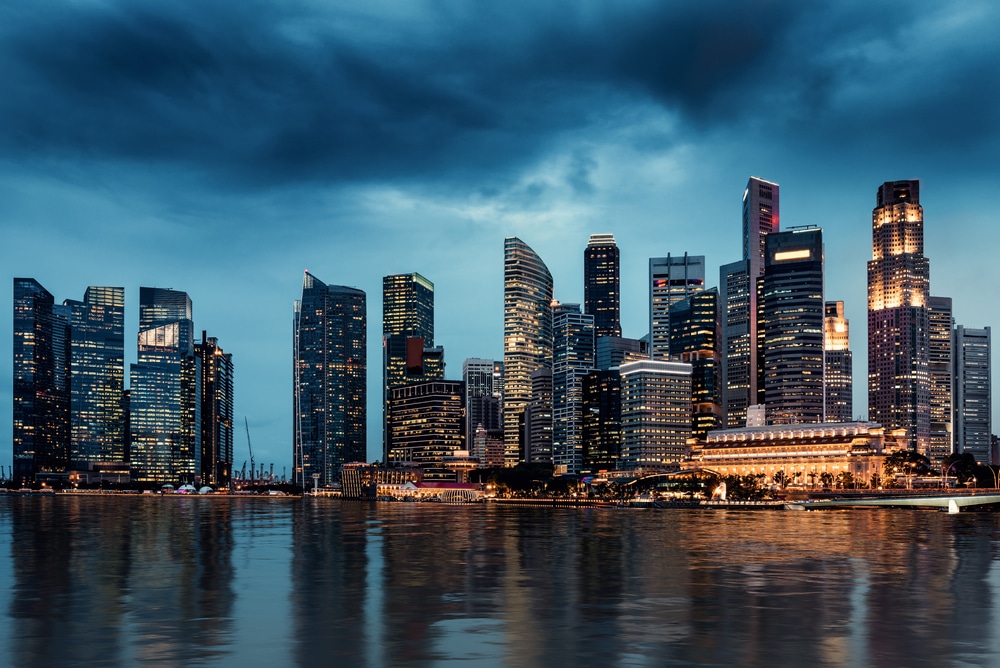
Calculation of Debt-to-Net Worth Ratio
The debt-to-net-worth ratio is a financial indicator used to evaluate your ability to manage debt.
It is calculated by dividing your total debt by your net worth.
A higher ratio indicates a high debt burden, which can impact your ability to secure financing for your second property purchase.
Impact of Debt on Credit Score
Taking on more debt for your second property purchase can also impact your credit score.
A lower credit score can affect your ability to secure favorable loan interest rates and other financing options.
As such, it is crucial to manage your debt carefully to maintain a good credit score.
Managing Debt for Long-Term Financial Security
Managing your debt is essential for long-term financial security.
You should evaluate your debt-to-net-worth ratio and consider ways to reduce your debt burden, such as making larger down payments or applying for a more favorable loan interest rate.
Additionally, you should avoid taking on too much debt for your second property purchase and ensure that it aligns with your long-term financial goals.
Impact of Home Loan Interest Rates on Second Property Purchase
Finding Favorable Loan Interest Rates
The interest rate on your mortgage loan plays a crucial role in determining your monthly mortgage repayments.
You should shop around and compare different financial institutions and their loan interest rates to find the most favorable option that aligns with your long-term financial goals.
Validity Period of Loan Pre-Approval
If you are applying for a bank loan for your second property purchase, it is essential to understand the validity period of your loan pre-approval.
This is the period within which you must complete the purchase, failing which you may need to reapply for new loan approval.
Budgeting for Potential Changes in Interest Rates
The interest rates on mortgage loans can fluctuate over time.
As such, you should budget for potential changes in interest rates and factor them into your long-term financial planning.
Additionally, you should consider refinancing options to secure more favorable loan interest rates in the future.
Buying a second property in Singapore requires careful consideration and planning.
You must understand the regulations and eligibility criteria, evaluate your financial standing, consider the property location and type, and manage your property tax obligations, debt-to-net worth ratio, and loan interest rates carefully.
By doing so, you can make a sound investment decision that aligns with your long-term financial goals and aspirations.
Legal and Regulatory Considerations for Buying a Second Property
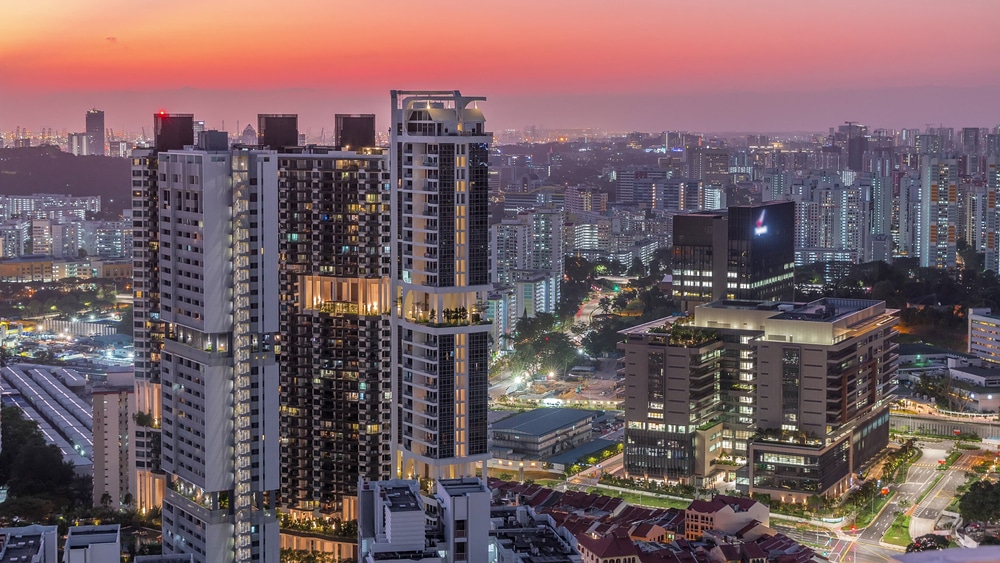
Understanding Additional Buyer’s Stamp Duty (ABSD)
One of the most important legal considerations to buying a second property in Singapore is the Additional Buyer’s Stamp Duty (ABSD).
ABSD is payable to buyers who intend to purchase a second or subsequent residential property.
It is important to note that even if you are buying a second property as an investment, ABSD is still payable.
For Singaporean and Permanent Resident potential buyers, the ABSD rate for a second property purchase is 12% of the property’s value buy the second home.
For foreigners, the ABSD is much higher, reaching up to 20%.
Buyers should also be aware that a Property Count applies to properties that are jointly owned.
For instance, a couple who owns two separate residential properties would be subject to ABSD 2021.
Knowing the Financing Rules and Regulations for Second Property Purchase
Another important legal consideration when buying a second property in Singapore is the financing rules and regulations.
Second and subsequent property purchases require a higher minimum cash down payment of 25% of the property’s value.
Potential buyers should also take note of the loan rates that apply to second property purchases.
Loan rates can vary depending on the buyer’s financial circumstances and the type of property being purchased.
The second property requires another property to avoid paying ABSD to buy another home purchase flat within 6 months by 16 Dec 2021.
Buyers should also consider their Debt-to-Net-Worth Ratio (DNWR), as this is an important factor for lenders when assessing a borrower’s creditworthiness.
Exploring the Differences between Public Housing and Private Property Ownership
Potential buyers of a second property in Singapore should be aware that there are several differences between public housing and private property ownership.
Public housing is administered by the Housing and Development Board (HDB) and is meant for owner-occupied residential properties.
Private property, on the other hand, is owned by housing developers and is suitable for residential or investment use.
It is important to note that there are restrictions on the rate of subsequent purchases that a private property owner can make.
Once a buyer has purchased their second property onwards, all subsequent purchases are subject to ABSD.
Tips to Avoid Paying Excessive ABSD when Buying a Second Property
Taking Advantage of Schemes Available for Second Property Purchase
Potential buyers who are planning on buying a second property can avoid paying excessive ABSD by taking advantage of specific schemes.
First-time buyers who are looking to buy their second property can benefit from the ABSD Remission Scheme.
This excludes them from paying ABSD if they purchase a new property and dispose of their first home within six months.
The ABSD Remission Scheme is also applicable for buyers who choose to purchase a resale flat within six months of disposing of their first home.
Potential buyers should take note of the eligibility criteria to avail of the scheme properly.
Maximizing the Use of Residential Property Transactions
Another way to avoid paying excessive ABSD when buying a second home is by maximizing the use of residential property transactions.
For instance, buyers can use the proceeds from the sale of their first home to finance their second property purchase.
This will effectively reduce the amount of ABSD that the buyer needs to pay.
Knowing the Transitional Provision for ABSD Rates
Finally, understanding the Transitional Provision for ABSD Rates is also essential to avoiding excessive ABSD.
The Transitional Provision sets out the ABSD rates for buyers who have already purchased one or more properties before 6th July 2018.
Buyers should take note of the specific ABSD rates that apply to their circumstances.
Evaluating Property Value and Purchase Price for Second Property
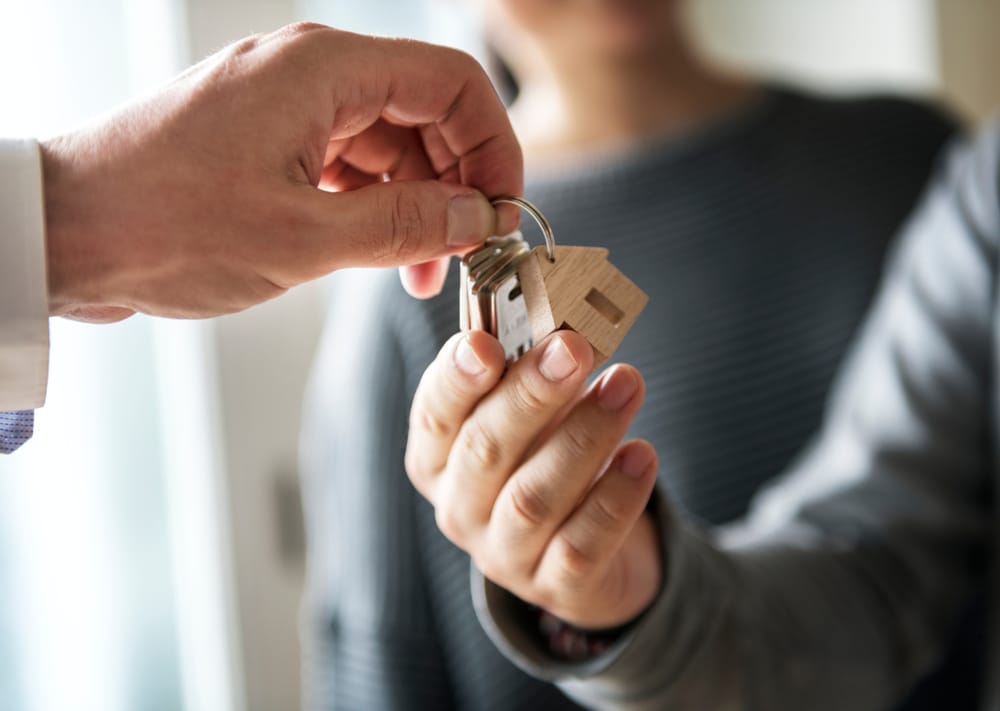
Understanding Property Valuation and Appraisal
Evaluating property value and the purchase price is another essential factor to consider when buying a second property in Singapore.
Property valuation refers to the process of determining the market value of a property, while appraisal refers to the assessment of the property’s condition.
Potential buyers should request a professional property valuation before submitting an offer for a second property.
This valuation will help buyers understand whether the property’s price is fair and reasonable.
Exploring Property Market Trends and Economic Fundamentals
Potential buyers of a second property in Singapore should also explore the property market trends and economic fundamentals.
Factors such as population growth, job creation, and infrastructure development can affect the value of a property.
Buyers should also consider the supply and demand of the market before making a purchase.
Calculating Rental Yield and Return on Investment (ROI)
Finally, calculating rental yield and return on investment (ROI) is also essential when evaluating a second property purchase.
Rental yield refers to the amount of rent that a property generates relative to its value.
Conversely, ROI measures the profit or loss from an investment’s rate of return.
Potential buyers should calculate the rental yield and ROI for a second property to determine its profitability as an investment.
Exploring the Singapore Property Market for Second Property Investment
Identifying Potential Buying Opportunities for Second Property
Exploring the Singapore property market for second property investment opportunities is one of the most critical steps for potential buyers.
It is vital to identify potential properties that are suitable for investment.
While a shoebox unit may be affordable, it may not generate high rental yields.
Location is also an essential factor when identifying potential buying opportunities.
Properties within prime locations tend to be more expensive, but they also have a higher rental yield.
Knowing the Requirements for Foreign Investors in Singapore Property Market
Foreign investors who wish to buy a second property in Singapore must understand the requirements set by the government.
Foreigners must pay a higher ABSD rate of up to 20% for a second property purchase.
Foreign investors are also required to seek approval from the Land Development Authority (LDA) before making a second property purchase.
The LDA may impose additional restrictions on property ownership for foreign investors.
Exploring the Use of Property Trust for Second Property Investment
One alternative for potential property investors in Singapore is to use a property trust for a second property investment.
A property trust is a pooled investment vehicle that allows investors to invest in properties without having to be involved in their management.
Property trusts offer higher liquidity and lower transaction costs compared to direct property investment.
They also provide investors with exposure to a diverse portfolio of properties.
In conclusion, buying a second property in Singapore requires thorough legal, financial, and economic considerations.
With knowledge of the various regulations, requirements, and factors to be considered, potential buyers can make an informed decision on whether buying a second property is the right investment for them.
Conclusion
In conclusion, understanding the Additional Buyer’s Stamp Duty (ABSD) rates is crucial when considering buying a second property in Singapore.
The ABSD rates vary depending on the buyer’s citizenship and the number of properties owned.
It is essential to carefully evaluate the financial implications of paying ABSD and consider the benefits and challenges of owning a second property.
Furthermore, exploring financing options and choosing the best home loan for the second property purchase is essential.
Buyers should assess their financial standing and consider interest rates, repayment terms, and eligibility criteria to make an informed decision.
Managing property tax obligations and understanding the limitations and usage of CPF funds are also important factors to consider.
Additionally, foreigners should be aware of the regulations and restrictions surrounding property purchases in Singapore.
Eligibility criteria and the payment of ABSD are essential considerations for foreigners looking to invest in residential properties.
Lastly, legal and regulatory considerations such as ABSD, financing rules, and understanding the property market trends are crucial when navigating the process of buying a second property.
It is essential to stay informed, seek professional advice if needed, and make decisions that align with your long-term financial goals.
To explore more detailed information on these topics and other related articles, we encourage you to check out our blog for a comprehensive understanding of second property purchases in Singapore.
Frequently Asked Questions
What is buying a second property in Singapore?
Buying a second property means owning a second residential property in Singapore apart from your current primary residence.
It could be either a private property or a public HDB flat.
What should I consider before buying a second property in Singapore?
Before buying a second property in Singapore, you should consider several factors such as your debt-to-net worth ratio, property value or purchase price, additional buyer stamp duty (ABSD), property prices, home loan rates, property tax rate, transfer of residential property, interest in the property and more.
What is the debt-to-net worth ratio, and why is it important?
The debt-to-net-worth ratio is the amount of debt you have compared to your net worth.
It is essential to understand your debt-to-net worth ratio as the bank considers this to approve your loan application.
Ideally, banks prefer a lower ratio and may not approve your application if it exceeds the bank’s limit.
Can I take a home loan to purchase my second property?
You can get a home loan to purchase your second property in Singapore.
However, the home loan interest rates for buying a second home are generally higher than the first-time homebuyers’ rates.
Moreover, the bank’s loan application approval may depend on your debt-to-net-worth ratio, employment, and income.
What are BSD and ABSD?
Buyer Stamp Duty (BSD) and Additional Buyer Stamp Duty (ABSD) are taxes imposed by the Singapore government on property buyers.
BSD applies to all residential properties, while ABSD is usually payable by Singapore Permanent Residents (PRs) and foreigners.
What is the amount of ABSD I need to pay to buy a second property in Singapore?
If you are planning to buy a second property in Singapore, you will have to pay ABSD on the property’s purchase price.
Singapore Citizens (SCs) pay 12% ABSD, while Singapore PRs pay 15% ABSD, and foreigners pay 20% ABSD.
Can I convert my first property into a living trust before buying my second property?
Yes, you can convert your first residential property in Singapore into a living trust before purchasing your second property.
It can potentially reduce the ABSD cost for your second property as the trust is considered a separate entity legally and financially.
Do I need to set aside any savings to buy my second property in Singapore?
Yes, you should save for your second property in Singapore as banks usually require a minimum down payment of 25% for the second property.
Additionally, you should have enough account savings to afford the property’s maintenance cost, mortgage payments, and possibly higher interest rates.
Can I still buy a second property if I already own one property in Singapore?
Yes, you can buy a second property, even if you already own one property in Singapore.
However, you will have to pay ABSD, which can be substantial.
Owning a third property is also possible, but you will have to pay even higher ABSD.
What should I know if I am planning to buy my first property in Singapore?
If you are planning to buy your first residential property in Singapore, you should consider factors such as your budget, employment status, loan eligibility, property value or purchase price, BSD, transfer of residential property, interest in the property, home loan rates, property tax rate, and more.











